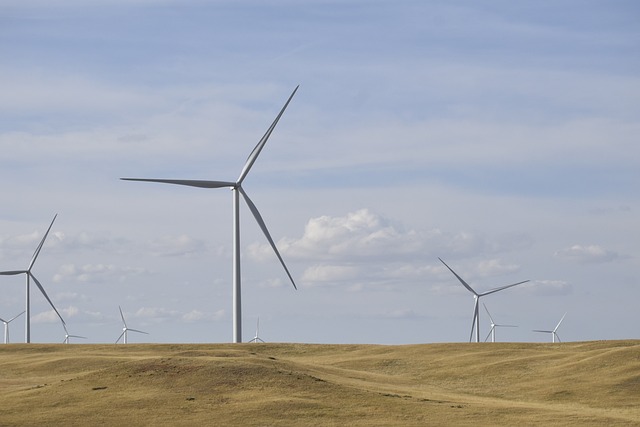In today’s rapidly changing world, the urgency of adopting sustainable practices is more crucial than ever. As we witness the effects of climate change, such as rising temperatures and extreme weather patterns, the need to revolutionize energy pedagogy becomes paramount. Energy education is not just about understanding the mechanics of power generation; it’s about fostering a mindset that prioritizes sustainability and the health of our planet.
Sustainable development is at the heart of this transformation. It emphasizes the concept of meeting present needs without compromising the ability of future generations to meet theirs. This idea propels us to rethink our energy consumption patterns. Through comprehensive education, we empower individuals to make informed choices that reduce their ecological footprint. Whether it’s opting for renewable energy sources or conserving electricity, every small action contributes to a larger positive impact on our environment.
Central to this redefined focus on energy pedagogy are green technologies, which are not only innovative but also essential to sustainable living. These technologies minimize waste and reduce harmful emissions, offering a promising alternative to traditional energy sources. By integrating discussions on green technologies into our educational curriculums, we can inspire the next generation to innovate and embrace cleaner, smarter ways of living. From solar panels to wind turbines, understanding how these technologies function equips learners with the tools they need to advocate for and implement sustainable practices in their communities.
A pivotal aspect of energy pedagogy today includes a strong emphasis on carbon-neutral technologies. Striving for carbon neutrality involves balancing the amount of carbon emitted with an equivalent amount sequestered or offset, thus creating a net-zero carbon footprint. As educators, it is our responsibility to instill awareness about how carbon emissions affect our climate and to highlight the importance of transitioning to energy solutions that do not contribute to greenhouse gas emissions. By incorporating carbon-neutral solutions into energy education, we nurture a culture that champions environmental responsibility.
Incorporating these principles into energy pedagogy not only enhances our understanding of the interconnections between energy, sustainability, and ecological wellbeing but also cultivates a generation of informed citizens who are ready to take action. The journey towards sustainability is not just a scientific endeavor; it is a collective movement reliant on innovative education and shared responsibility.




